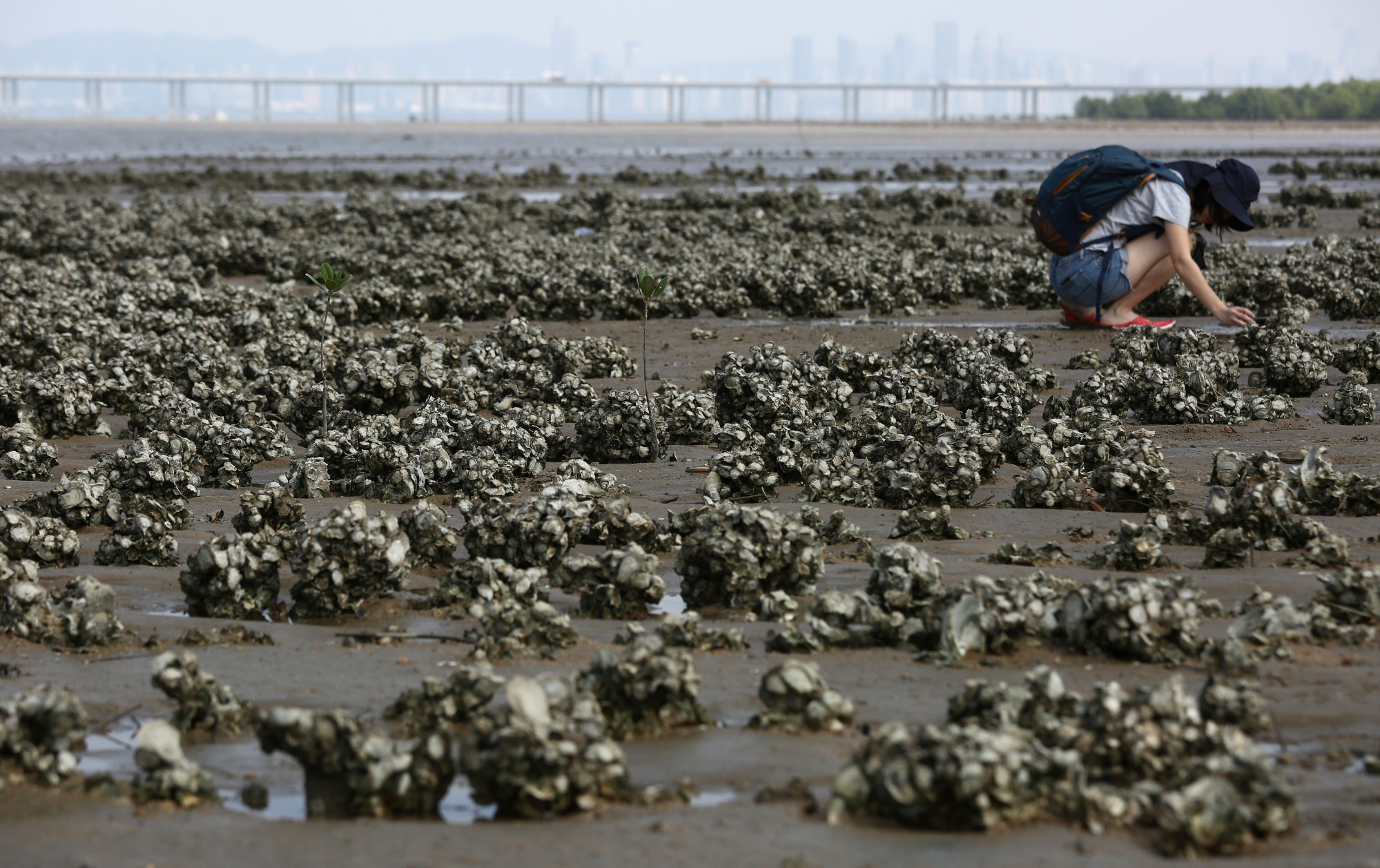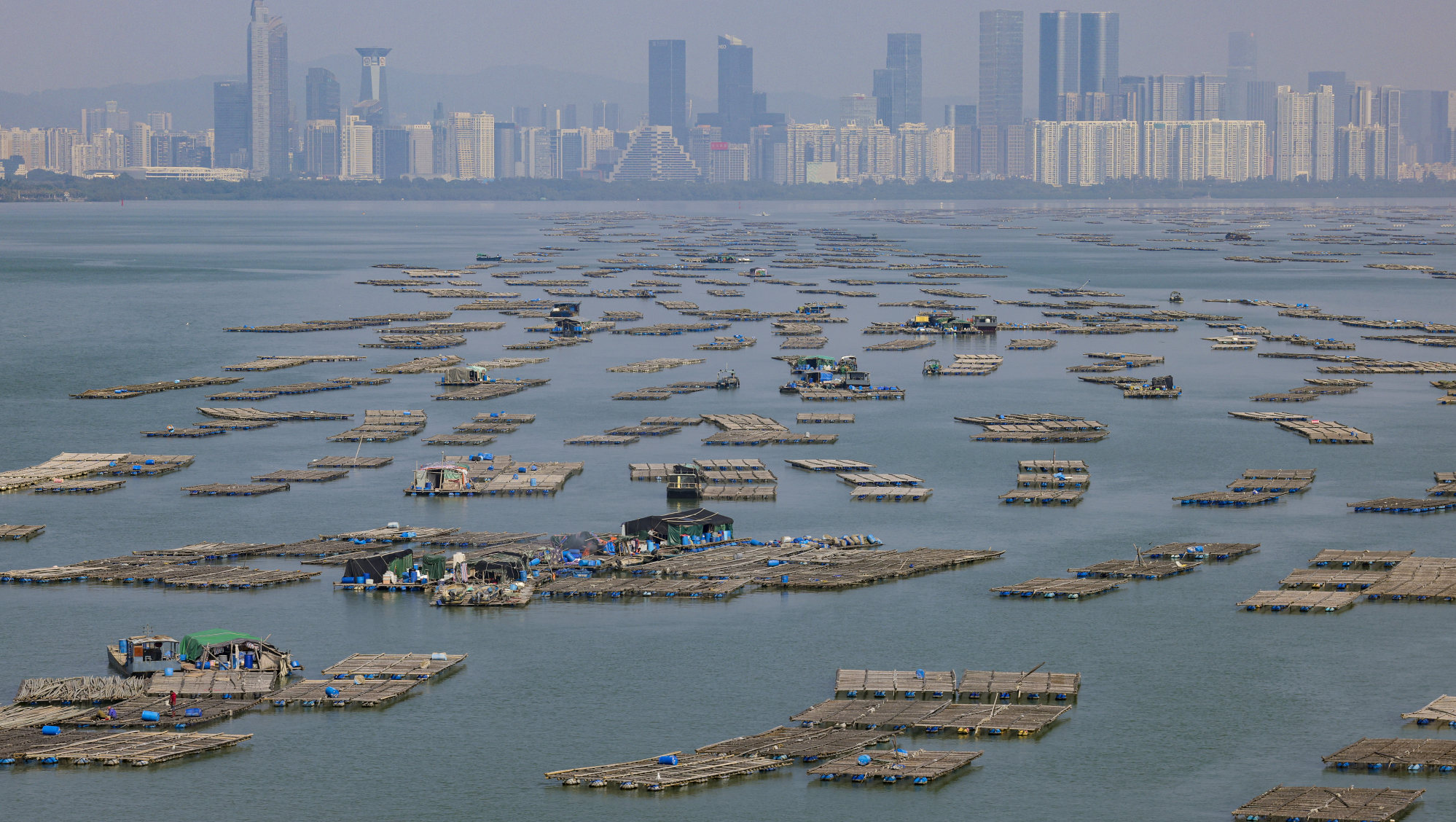Apart from ordering them at a restaurant, most people wouldn’t give oysters a second thought. But they are more than just a summer starter.
But like many industries, oyster farms are being affected by warming and acidifying marine waters caused by climate change and pollution-induced toxic algae blooms.
And it’s not just Hong Kong. An estimated 85 per cent of oyster reefs have been lost worldwide, making them one of the planet’s most endangered marine habitats.

To raise awareness about oysters, The Nature Conservancy (TNC), in collaboration with the Hong Kong Maritime Museum, is hosting an exhibition titled “The Oyster Odyssey – Restoring Hong Kong’s Lost Treasure”.
Exploring the ecological, cultural and historical significance of oysters and oyster reefs in Hong Kong and the Pearl River Delta, the exhibition will be held at the Maritime Museum, at Central Star Ferry Pier 8, until January 31, 2024.
61-year-old Hong Kong barber shop soon to close inspires heritage festival
61-year-old Hong Kong barber shop soon to close inspires heritage festival
The event will cover oyster reefs that have been built in Hong Kong. Conservationists and scientists hope that restoring the reefs will bring benefits such as improved water quality, stabilised shorelines and the creation of habitats for our rich marine life.
Environmentalists believe the bunches of shellfish could play a key role in protecting Hong Kong’s coastlines from the effects of rising sea levels caused by climate change.
“The exhibition serves as a stark reminder of the alarming global decline of oyster reefs, with approximately 85 per cent of these crucial habitats now vanished,” says Lulu Zhou, TNC’s Asia-Pacific director of strategic partnerships.

The exhibition also includes a series of talks and workshops that provide a deeper understanding of oyster reefs and TNC’s restoration initiatives.
Among the speakers is Ginger Wai Kuen-ko, a lecturer at the University of Hong Kong, who will share insights about oyster anatomy and the molluscs’ role in the marine environment. An oyster shell upcycling DIY workshop will also be held.

